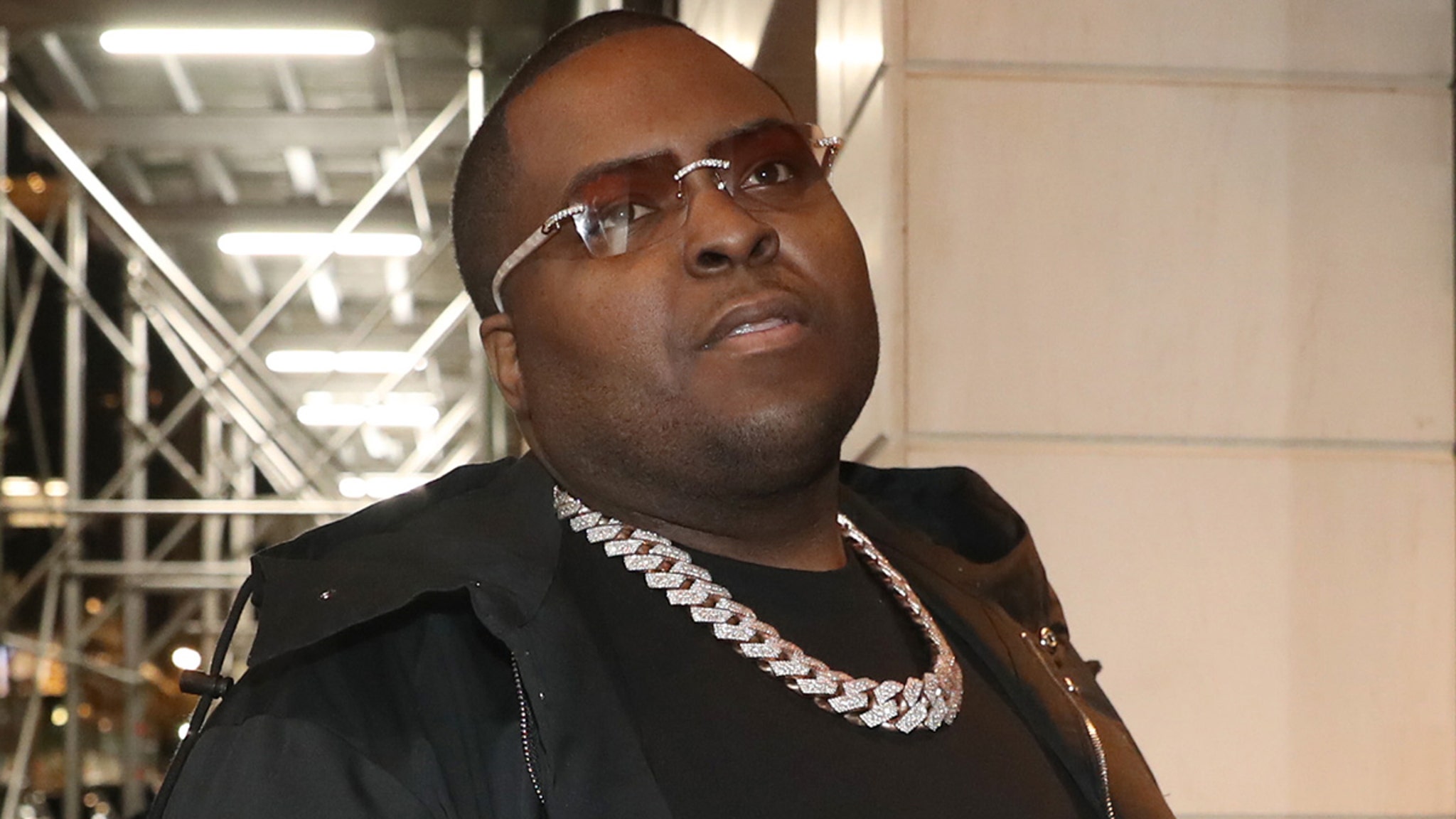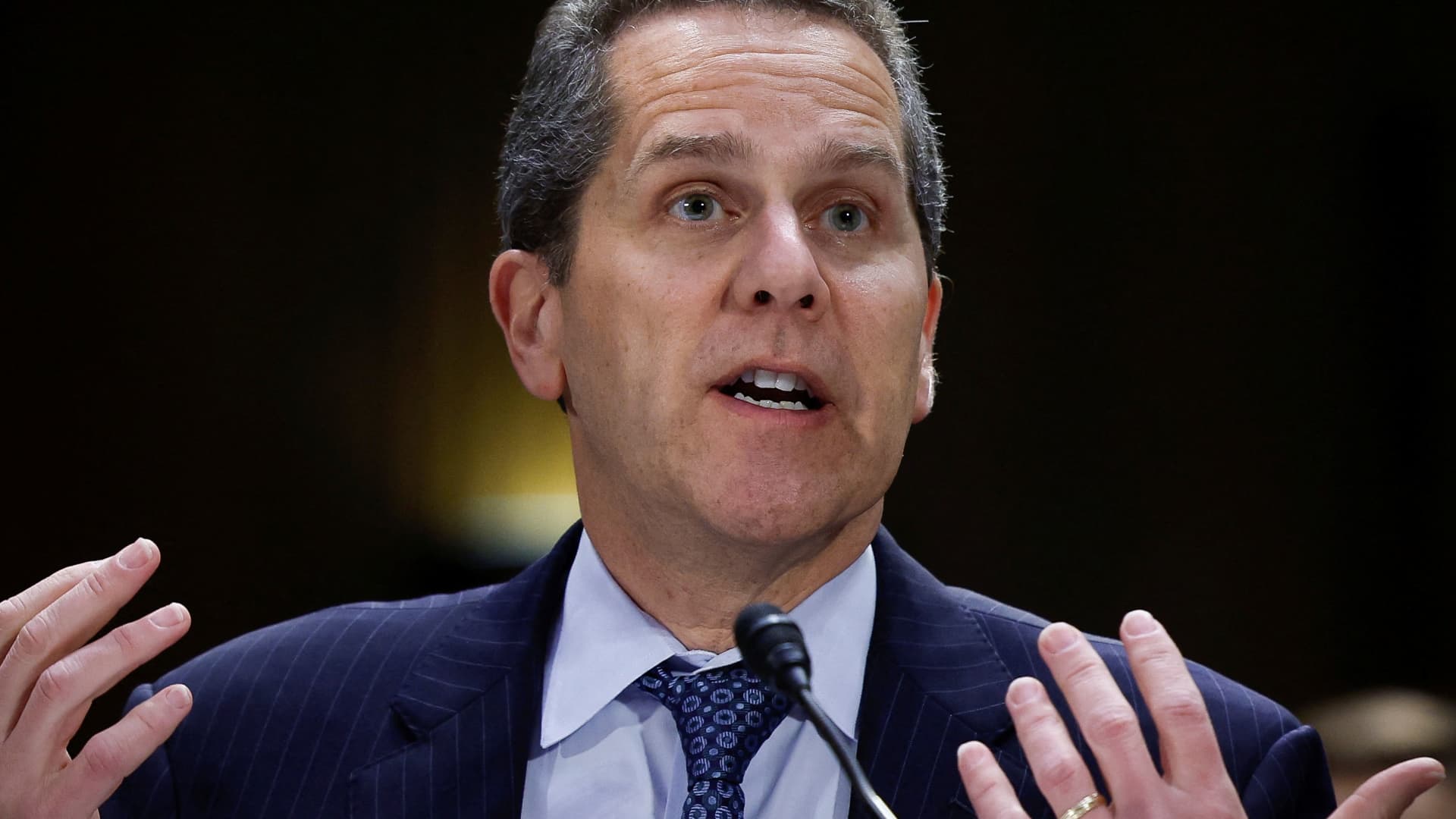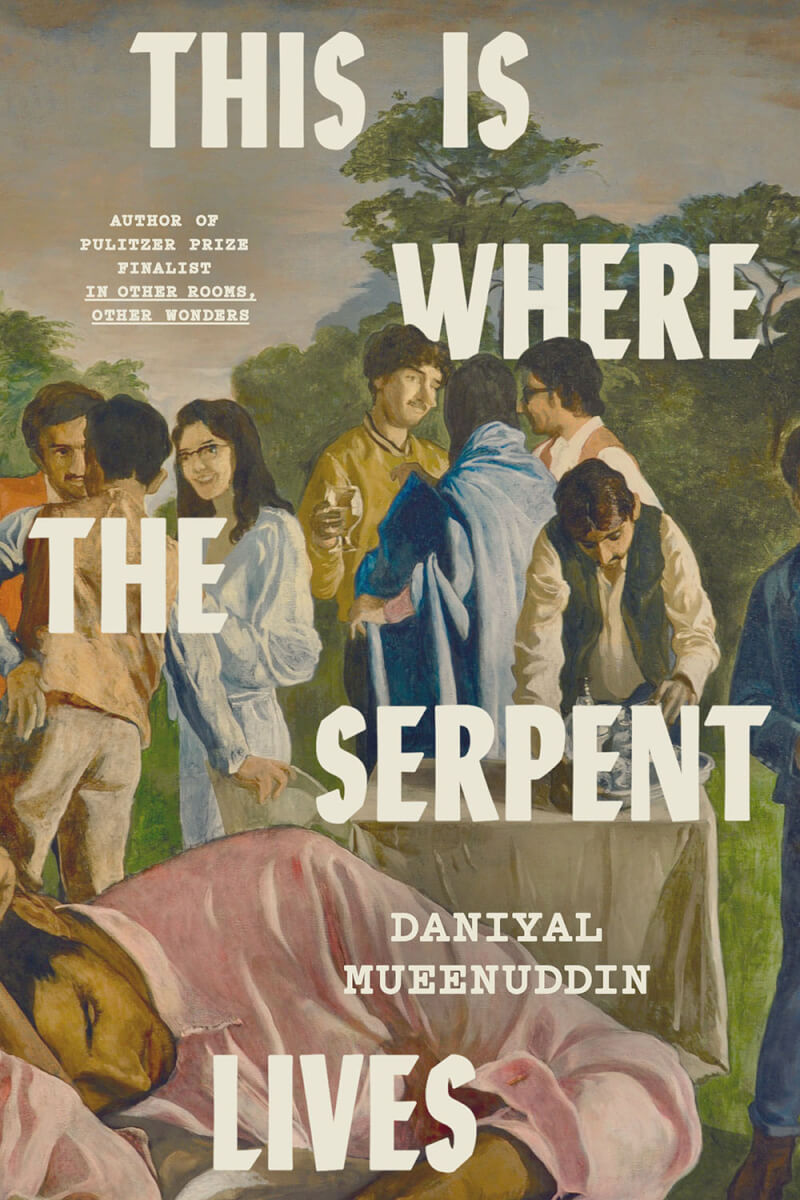A recreational marijuana smoker indulges in smoking weed on April 14, 2020 in the Bushwick section of the Brooklyn borough of New York City.
Bruce Bennett | Getty Images
Americans are reaching for buds more than booze.
Daily or near-daily marijuana use is now more common than similar levels of drinking in the U.S., according to 40 years of data analyzed by Carnegie Mellon University.
The report looks at U.S. data from more than 1.6 million participants collected across 27 surveys between 1979 and 2022.
Although alcohol overall remains more widely used, first-time daily marijuana use overtook drinking at the same frequency in 2022, with roughly 17.7 million cannabis users and 14.7 million drinkers.
That is a 15-fold increase for cannabis since 1992 when 900,000 Americans disclosed using the drug daily compared with 8.9 million daily drinkers.
“We believe â and data clearly indicates â the younger demographic cohort is increasingly accepting cannabis on a daily and monthly use at a higher rate than other generations,” said Roth MKM analyst Scott Fortune.
“As there are indications of consumers substituting away from other pleasure uses (alcohol, tobacco), we think as younger generations grow up with legal cannabis options, the acceptance of cannabis will become more prevalent and substitute away from traditional options,” he added.
This report comes as the cannabis industry is expecting the Drug Enforcement Administration to ease federal restrictions and reclassify marijuana, which would increase access to funding, research and investment opportunities for cannabis-related companies like Tilray, Canopy Growth and Curaleaf.
The spirits and alcohol industry, however, has been working to defend its market share despite shifting trends among younger consumers.
“From the U.S. alcohol side, the youngest legal drinking-age consumers are turning to alcohol less often, and when they do imbibe, it is fewer drinks,” said Roth MKM analyst Bill Kirk.
Kirk said there have been growing trends that are contributing to that, including more abstinence from drinking, better availability of quality non-alcoholic options and increased cannabis use.
“From the cannabis side, we wouldn’t say alcohol stands to be necessarily hurt by this trend, but would look for alcohol to partner, invest or acquire into U.S. cannabis when federal regulations allow it to capitalize on anticipated industry growth,” Fortune said.
However, some analysts on Wall Street expect greater impact to the alcohol industry from cannabis adoption.
“We estimate that legal cannabis could be negatively impacting beer volume [compound annual growth rate] by up to 230 bps in Canada and 75 bps in the U.S. where legal,” said Bernstein analyst Nadine Sarwat, referring to basis points (bps). One basis point equals one-hundredth of a percentage point.
She added that conflicting state-by-state policies for cannabis soften the blow to the biggest brewers and distillers like Constellation Brands, Diageo, AB InBev and Molson Coors.
“Federal legalization has the potential to increase the risk to alcohol, but this appears a long way off in the current political climate,” Sarwat said.









